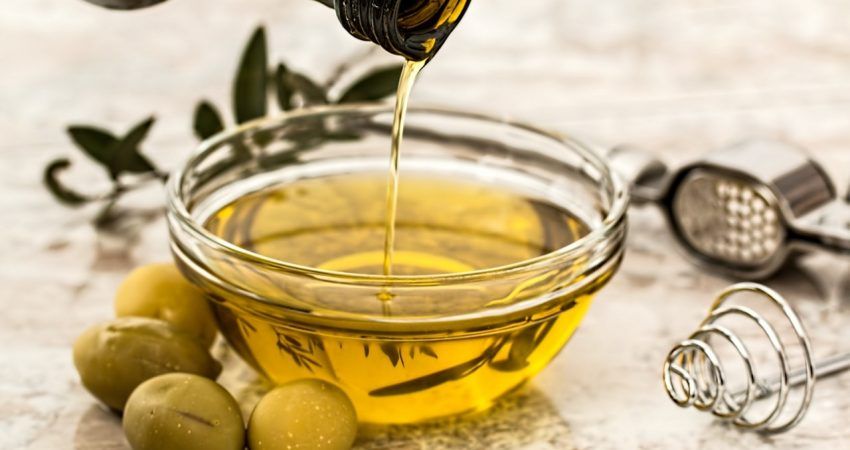
The beneficial properties of oils – Fit recipes and places.
The beneficial properties of oils
Most people associate the word “oil” with greasy, fried foods. However, the right oils are extremely beneficial to our body – not only from the inside, but also from the outside. Which ones and how you should introduce them into your life?
For frying
Frying is not the healthiest form of food processing, but we have to admit – it’s hard to do without it and few could imagine how to eliminate it from the kitchen rituals completely. However, choosing a healthier oil can help. This one will certainly improve the quality of our dishes and make them less harmful. But how to choose the right oil? For frying we buy only refined and monounsaturated oils. Why? Refined oil is already purified of all substances that could be released during heating and which are not necessarily desired by us because they give a specific smell, taste, etc.
And what is it about saturated? Polyunsaturated fatty acids will simply break down at high temperatures, so the oil will lose its good properties. So which oils to choose for frying? Olive oil and rapeseed oil. This may not be surprising information, but it is worth remembering not to fry on them for too long or to use them for frying another dish. Such oils do not belong to the most expensive, and exceptional opportunities can be sought for example. in Biedronka magazine.
For salads
For cold consumption, oils with the opposite properties as for frying are excellent, i.e. polyunsaturated, unrefined and cold-pressed. Olive oil and rapeseed oil are of course also suitable for salads, but there are many other options that are worth trying.
A great option is e.g. Grape seed oil. It regulates blood cholesterol levels, has a positive effect on the nervous system and protects cells from aging. When consumed regularly, it improves the appearance of the skin. All thanks to a high content of vitamin E, which is well absorbed precisely from fats in which it dissolves.
Also very healthy is flaxseed oil, which contains unsaturated omega-3 and omega-6 fatty acids. Thanks to them it has an influence on lowering the level of bad cholesterol in the body. It has a great impact on metabolism, aids digestive processes and prevents accumulation of fat.
To the beautician
Natural cosmetics are now very fashionable and almost ubiquitous, so it probably could not be overlooked that a mass of oils with a cosmetic purpose appeared in drugstores. Not everyone knows, however, that a well-chosen oil from the market will work not only in the kitchen but also in the bathroom!
Oils are excellent for removing makeup. They can cope even with strong and waterproof cosmetics. Coconut oil or linseed oil work well. People with acne or problematic skin should, however, pay attention to oils with a low level of comedogenicity (not clogging the skin pores).
This is not the end when it comes to cosmetic properties. What else can they be useful for? Oils retain water in the skin and hair, so they support the process of intense hydration. So you apply a moisturizer to your hair or skin first and then apply a thin layer of oil. Such a mask is washed off after time, at your discretion. The effects are amazing, everyone should try them. This treatment is sure to be great for anyone with dry skin/hair. Moreover, it is advisable in summer and winter when our hair and skin are often dry. What to use for such procedures? Peanut oil is great for hair, while walnut oil is great for face. They will moisturize your hair and skin, delay the aging process, provide valuable vitamins A and E, and much more.
The best thing about oils is that they can be “multifunctional”. E.g. Linseed oil can be added to salads and cold dishes, but you can also use it to wash off make-up and to oil your face and hair. It is convenient, economical and above all – healthy! Most oils are available in supermarkets.

